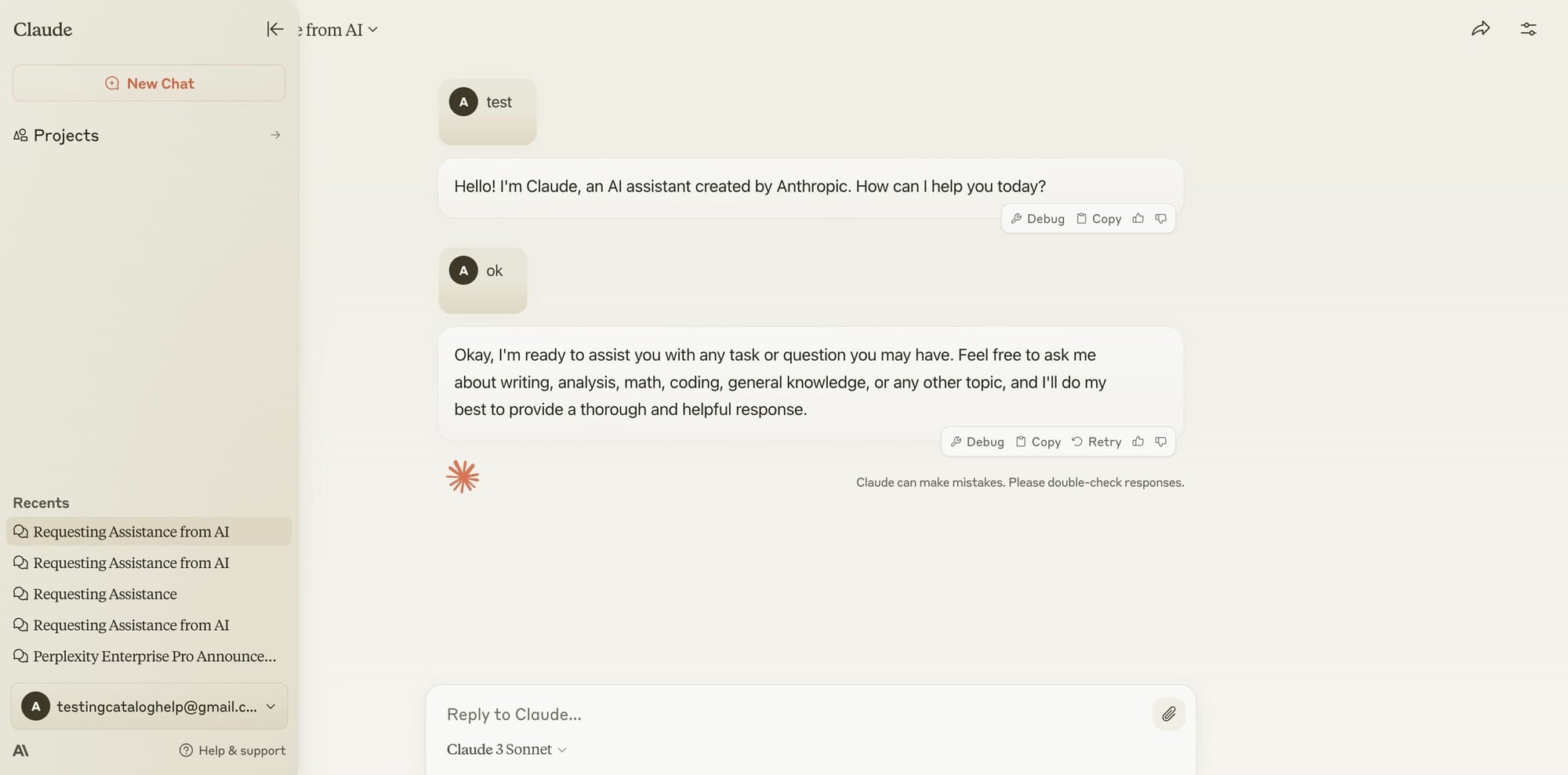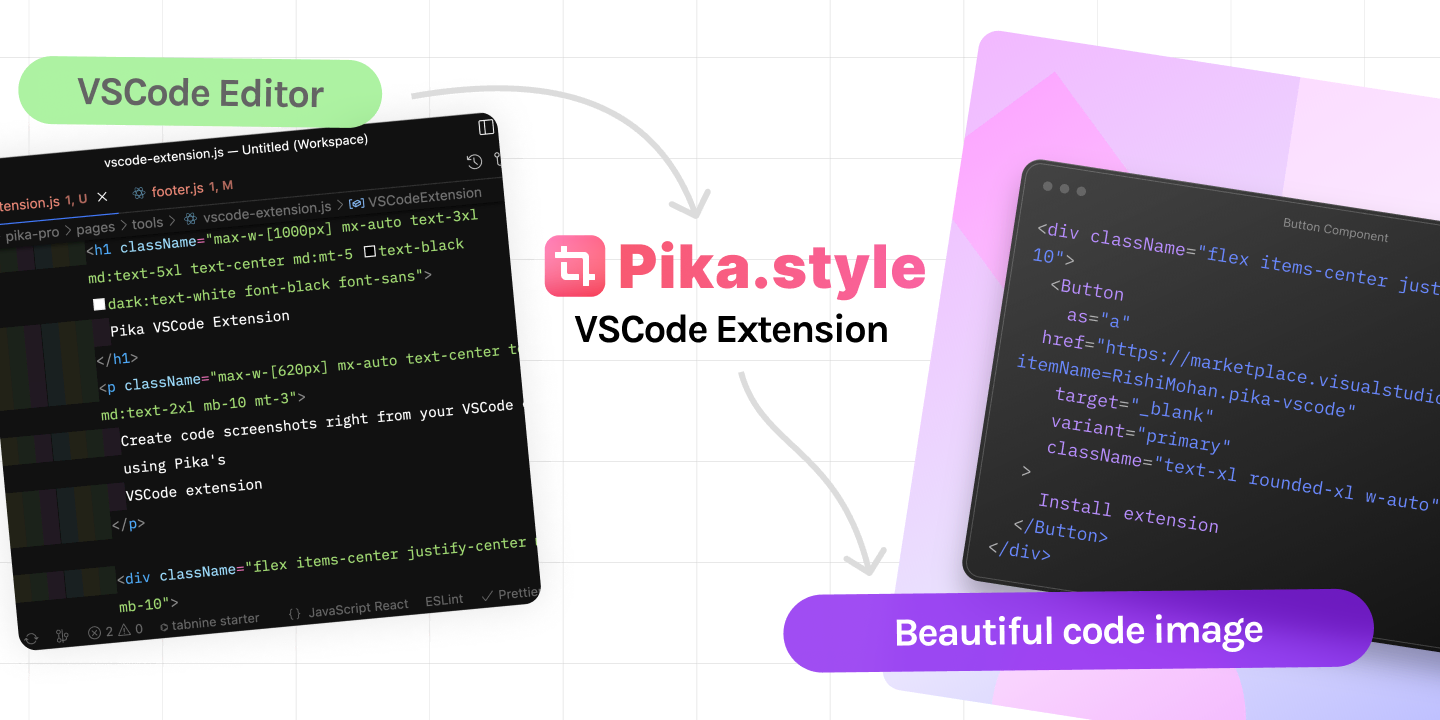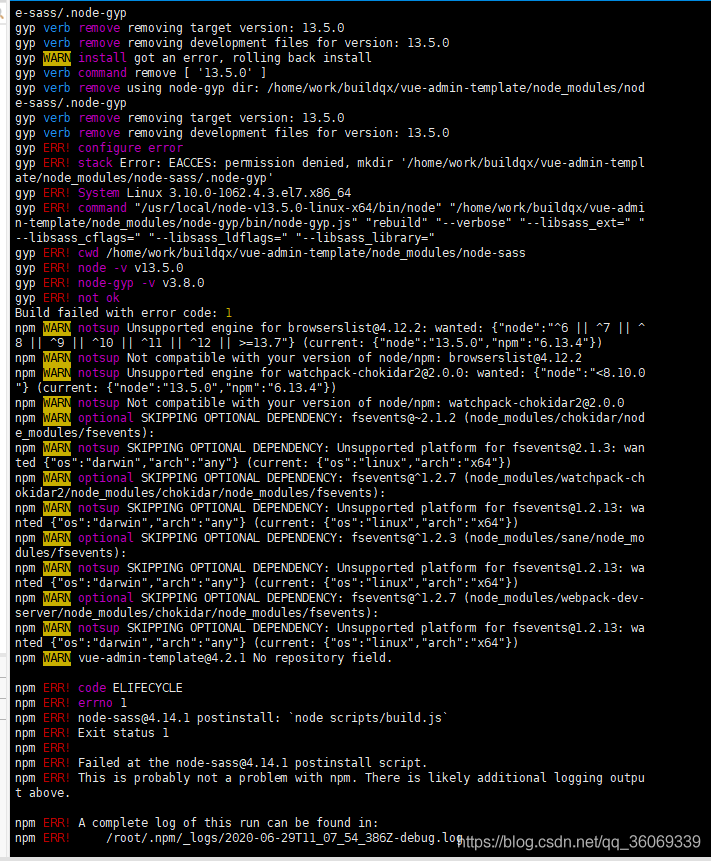Before you dive into setup, you need to understand what you're actually installing. The Claude Code + VS Code integration isn't magic - it's three components that talk to each other over JSON-RPC. When they work together, it feels smooth. When one breaks (and one always breaks), you'll spend hours figuring out which piece decided to shit the bed.
The Three Moving Parts
Claude Code CLI (npm install -g @anthropic-ai/claude-code)
This is the brain. Runs in your terminal, handles auth with Anthropic's API, coordinates everything. The CLI keeps a WebSocket connection to VS Code's extension and fires HTTP requests at Claude's models. Cost warning: each request burns through API tokens - I blew through $180-something last month because I kept asking it to analyze our entire React app. You'll hit $200+ real quick if you're not careful with context size.
VS Code Extension (auto-installs when it feels like it)
The extension creates a bridge between your editor and the CLI. Watches file changes, cursor positions, selected text, then ships all that context to Claude. Also handles the diff viewer when Claude wants to modify files. Here's the fun part: the extension randomly stops working and you'll need to restart VS Code. Happens weekly, sometimes daily. Classic Microsoft quality.
Anthropic's API (the expensive part)
Your code gets sent to Anthropic's servers for processing. Yes, your proprietary code leaves your machine. Enterprise users can route through AWS Bedrock or Google Vertex AI for data sovereignty, but that's another expensive enterprise clusterfuck.

The Data Flow (When It Works)

- You run
claudein VS Code's terminal - CLI authenticates with Anthropic (OAuth dance that breaks with corporate proxies)
- Extension detects the CLI process and establishes a local WebSocket connection
- You type a request, Claude reads your open files + git state + project structure
- Request gets sent to Anthropic's servers with context (your code)
- Claude responds with changes, CLI shows diffs in VS Code
- You approve changes, files get modified, terminal commands execute
It's your standard three-tier setup: VS Code → CLI → Anthropic's servers, held together with WebSockets and HTTP requests. When it works, it works. When it doesn't, good luck debugging which tier decided to give up.
Where It Breaks (Constantly)
npm Permission Hell: The global install fails on most corporate machines due to permissions. Solution: use npm config set prefix ~/.npm-global and add ~/.npm-global/bin to your PATH. Fix your npm permissions properly instead of sudo-ing everything like an animal.
Corporate Proxy Issues: OAuth authentication fails behind corporate firewalls. You'll need to configure proxy settings and probably argue with IT about whitelisting *.anthropic.com. Good luck with that conversation.
Extension Loading Problems: The VS Code extension randomly decides not to load. Check the Extension Host log for errors - you'll see some unhelpful message like "Extension host terminated unexpectedly" which tells you exactly nothing. Usually fixed by restarting VS Code or running Developer: Reload Window. Sometimes twice. I've had days where it took 4 restarts before the damn thing would load.
API Rate Limits: Claude Code hits rate limits during heavy usage. You'll get 429 Too Many Requests errors and have to wait. No workaround except patience or paying more money.
Context Size Explosions: Large codebases exceed Claude's context window limits, causing cryptic "Context too large" errors. The CLI tries to be smart about file selection but often fails. Solution: create .claudeignore files or manually select smaller chunks of code. Pain in the ass but necessary.
Security Reality Check
Your code gets sent to Anthropic's servers. Period. The privacy policy says they don't store it for training, but it still leaves your machine. Enterprise customers obsessed with data sovereignty can use AWS Bedrock (enterprise minimums start around $50k annually, but once you add all the hidden bullshit costs, you're looking at way more) or Google Vertex AI (similarly expensive enterprise clusterfuck).
For startups and individual developers, the convenience outweighs the paranoia. For enterprises, you'll need approval from legal, security, compliance, and probably three other teams you've never heard of. Expect a 6-month procurement clusterfuck and endless meetings where someone asks if Claude can see passwords in config files. (Answer: yes, it can see everything. Good luck with that compliance meeting.)
Performance Impact
Claude Code makes VS Code noticeably slower, especially on large projects. The extension constantly scans files and sends context to the CLI. Disable it when working on performance-critical tasks or when you need VS Code to be responsive.
The integration works best on projects under 100 files. Beyond that, context management becomes unreliable and expensive.
Now that you understand the architecture and where things break, let's walk through the actual setup process where you'll encounter these issues firsthand.







